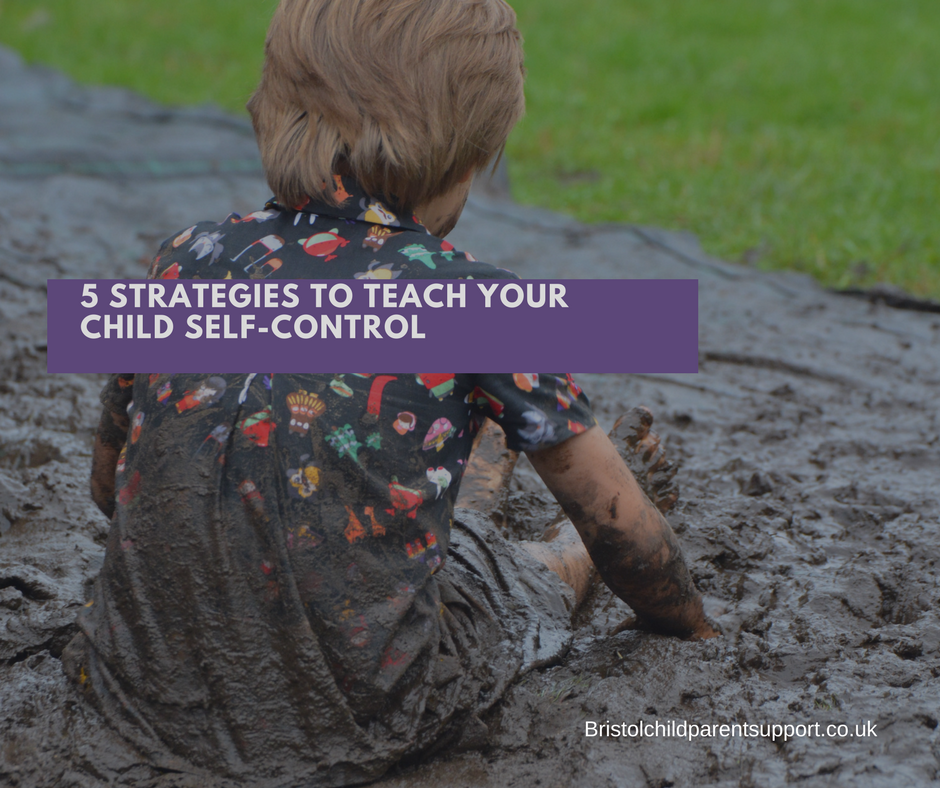What do we mean by self-control? In a nutshell, it tells how your child can regulate themselves.
Here are a few examples of self-control:
- Your child can wait in a queue
- They can tolerate their frustration
- They can inhibit their impulses
- They can plan ahead
You may not know, but self-control depends mainly on your child’s developmental capacity. You might notice that your toddler struggles with all of these things, and that can be frustrating for you, but in reality, significant changes in this arena occur between the ages of 3-and 7. You can now breathe a sigh of relief if your child might be struggling and they are only 4. It’s important to note that every child’s brain develops at different rates, and sometimes our expectations of children are too high.
My clinic is often full of children who have difficulties regulating themselves; research shows that these children can often be more aggressive and are at a higher risk of developing anxiety and depression.
How do we help our children to develop these skills?
Here are five strategies
1. Help them to take a break.
If we are given two tedious tasks, the outcome of the second task is poorer. So give one job at a time and then let them have a break and then request another one.
2. Teach them self-talk
Teach your child about emotions and feelings and how they can manage them. If your child can regulate and manage the feelings themselves, they are more likely to remain in control.
Here are some examples:
- Ok, I need to take it easy
- I will try and stay cool
- It’s okay if I’m not good at this
- I can try again tomorrow
- I am doing my best
- I am not going to let him bug me.
3. Create an environment where self-control/regulation is rewarded.
When we receive praise for managing a situation, it feels terrific. Children need consistent feedback to learn appropriate behaviour. So if your child works their feelings or steps back from fighting with their sibling, praise it straight away.
4. Be an Authoritative Parent
In her blog, Gwen Dewar from Parenting Science notes that a recent study of American preschoolers (Piotrowski et al., 2013) found that kids were more likely to exhibit poor self-control skills if they had parents who agreed with statements like
“I ignore my child’s bad behaviour,”
“I give in to my child when he/she causes a commotion about something.”
In addition, she notes that if you are the other way and too strict, it has the same effect. So be balanced and consistent in your parenting.
5. Use Play and Games
If you know your child is struggling, rehearse scenarios by let’s play.
- Let’s play standing in a line.
- Let’s play getting dressed.
- Let’s play shops
This is going to be much more fun for everyone. I hope it helps; with Love, Catherine.



